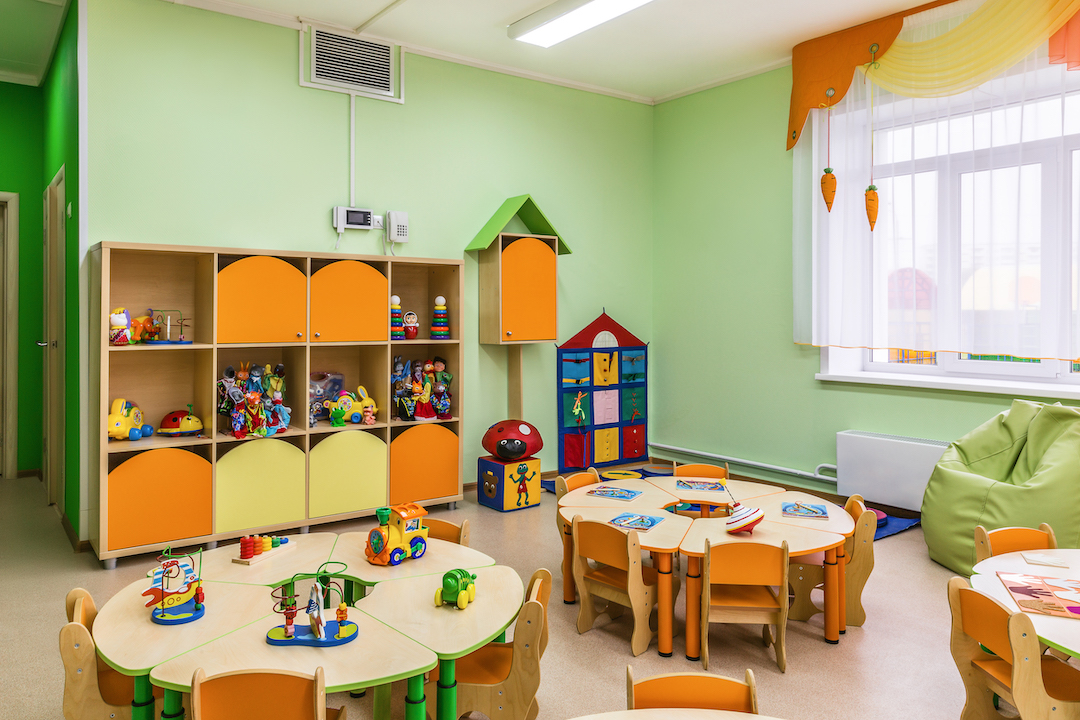As parents, we eagerly anticipate our children’s developmental milestones, especially when it comes to communication. However, some children may experience speech delay, a condition where language development progresses more slowly than expected. Recognizing the early signs of speech delay is crucial for timely intervention and support. In this article, we’ll explore ten key indicators that every parent should be aware of, along with some helpful tips and resources.
1. Limited Vocabulary
By 18 months, most children can say several single words. If your child has very few words or no words at all by this age, it could be a sign of speech delay.
2. Difficulty Understanding Simple Instructions
Children with typical language development can usually follow basic commands by age two. If your child struggles to understand simple instructions, it might indicate a comprehension issue related to speech delay.
3. Lack of Gesturing
Before verbal communication fully develops, children typically use gestures like pointing or waving. A lack of these non-verbal cues could be an early sign of communication challenges.
4. Not Combining Words
By 24 months, most children start putting two words together. If your child isn’t forming simple phrases by this age, it may be worth discussing with a professional.
5. Frustrated Communication
Attempts If your child becomes consistently frustrated when trying to communicate, it could be a sign that they’re having difficulty expressing themselves verbally.
6. Limited Interest in Social Interaction
Children naturally seek interaction with others. If your child shows little interest in communicating or playing with others, it might be an indicator of speech delay.
7. Difficulty Pronouncing Sounds
While some mispronunciations are normal in young children, persistent difficulty with certain sounds could signal a speech issue.
8. Echoing Without Understanding
If your child repeats words or phrases without seeming to understand their meaning (echolalia), it might be a sign of delay of speech or other developmental concerns.
9. Not Responding to Their Name
By 12 months, most children respond when their name is called. If your child consistently doesn’t react, it could indicate hearing issues or other factors contributing to speech delay.
10. Family History of Speech or Language Issues
If there’s a family history of speech or language disorders, your child may be at higher risk for speech delay.
If you notice signs of speech delay in your child, don’t panic. Every child develops differently, but early intervention can be beneficial. Try some activities at home, like reading and singing, or seek professional speech delay therapy near you.
Create a language-rich environment and celebrate progress. For Malaysian parents seeking resources, GogoKids offers a comprehensive directory of special needs schools and therapy services. Click HERE to visit our website to find support options tailored to your child’s needs.

Easily register your child for Standard 1 in Malaysian public schools for the 2025/2026 year with our step-by-step guide. Learn about online applications and required documents.

Daycare Fees in Malaysia: How Much Should You Expect to Pay?

Estimating Your Child’s Education Costs in Malaysia: A Practical Guide




